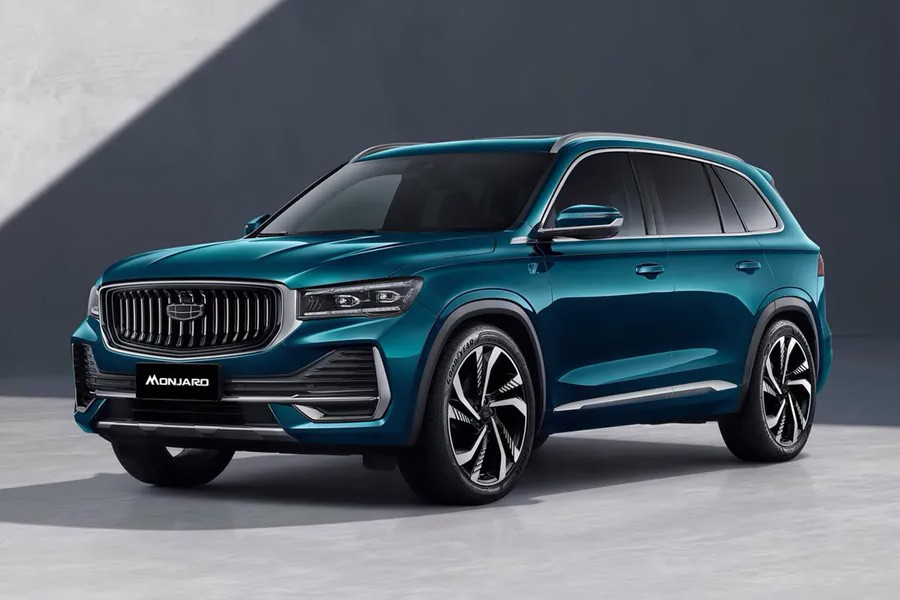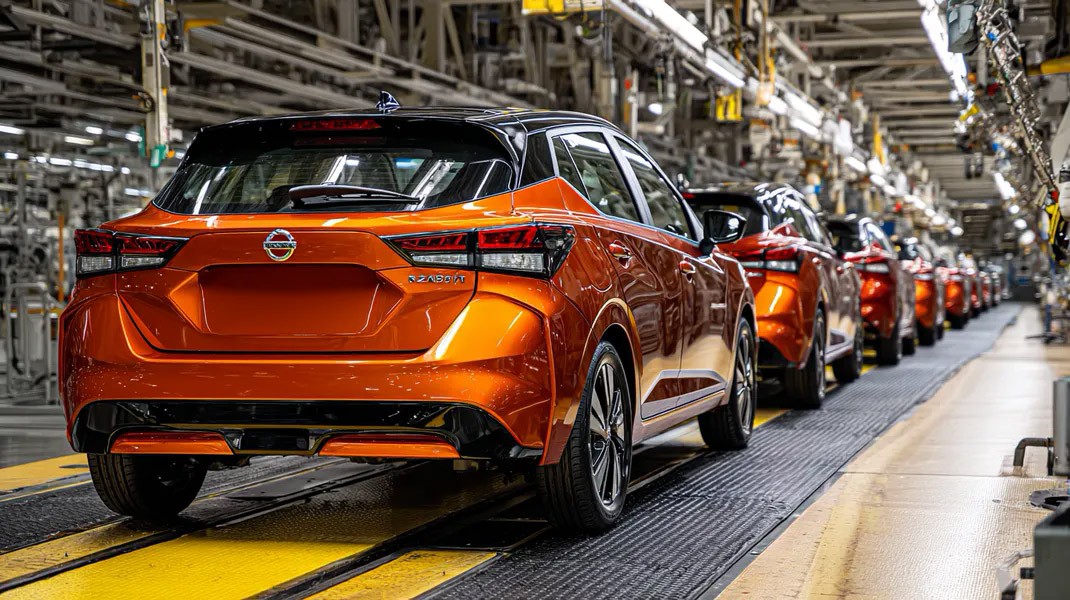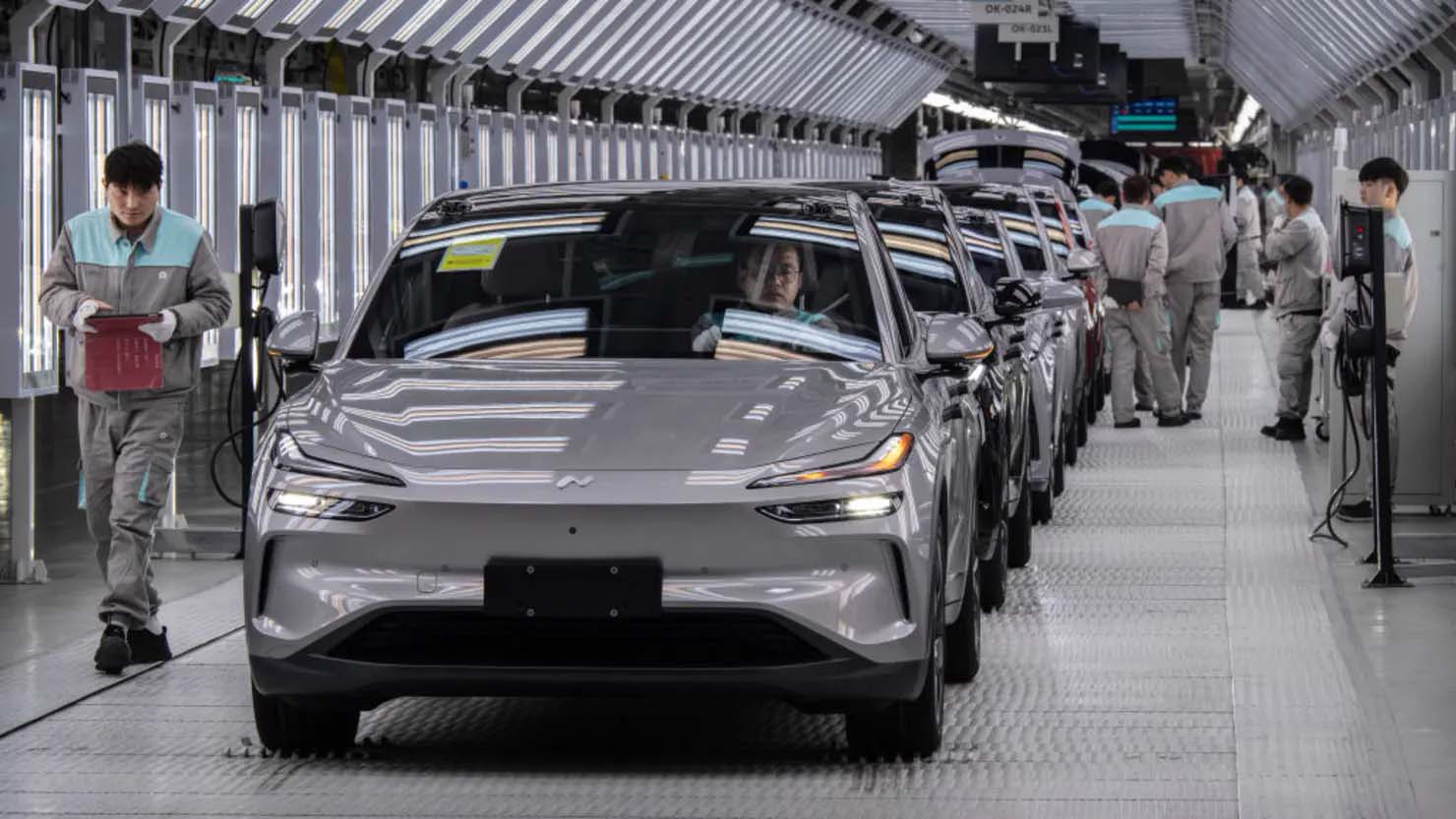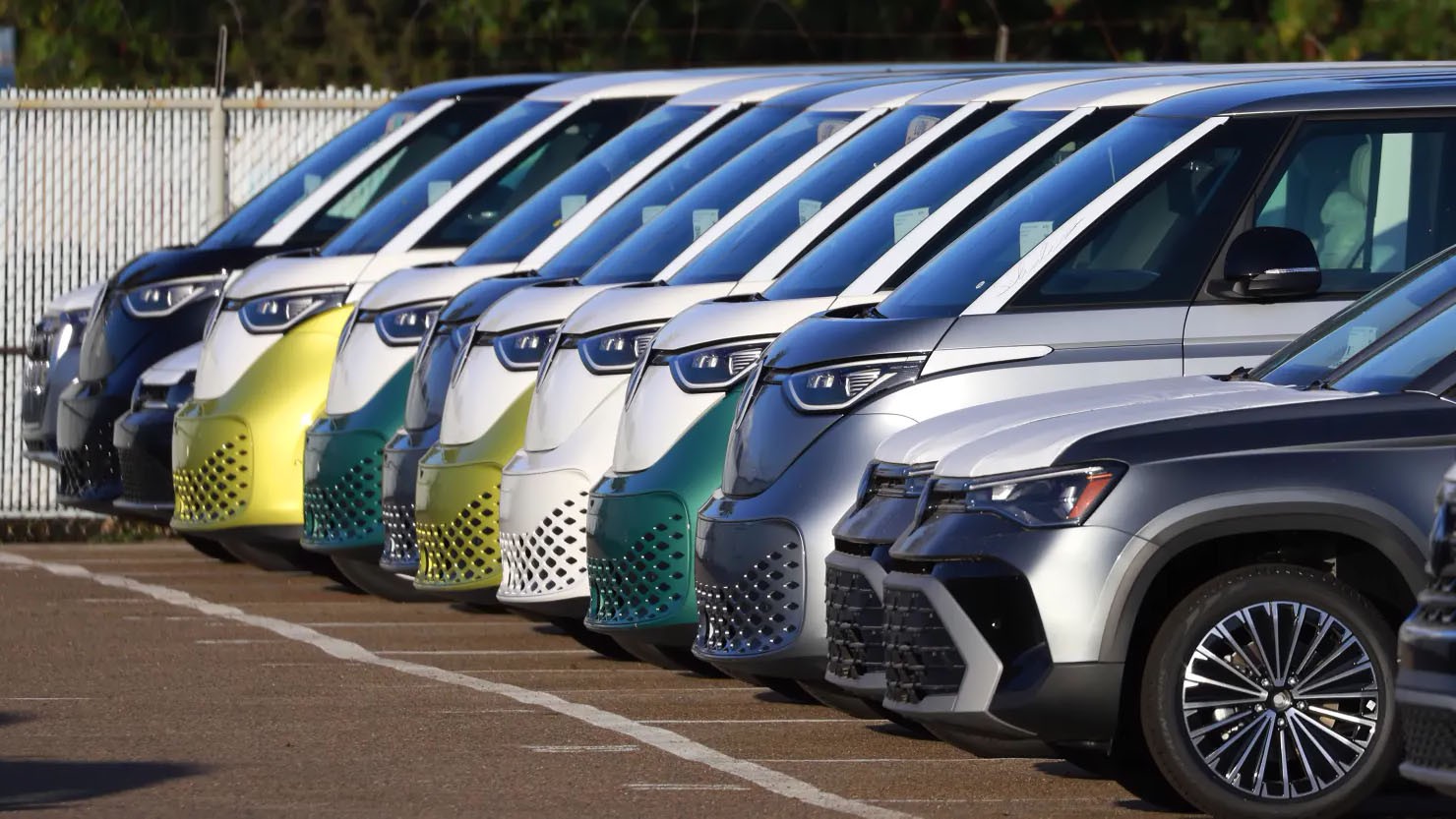Tesla has announced that it has reached a significant milestone at its European facility Gigafactory Berlin — the release of the 100-thousandth Model Y crossover, an updated version of Juniper. Production of this modification began in mid-January 2025, and by the end of July, the plant managed to reach the mark of one hundred thousand cars. This result in six months demonstrates the high efficiency of production processes and the growing role of the German site in the company's global strategy.
Gigafactory Berlin was initially seen as a key element for strengthening Tesla's position in Europe. Localization of production allowed the company to reduce its dependence on supplies from China and the United States, reduce logistics costs and respond flexibly to the demand of European customers. The factory-built Model Y Juniper has received improvements in design, interior design, and software, making it even more attractive in the electric crossover segment, where competition is rapidly intensifying.
According to experts, the success of the Berlin plant is explained by several factors at once. First, demand for electric vehicles remains strong in Europe, despite a general slowdown in car sales in a number of EU countries. Second, governments continue to encourage the transition to green transport by supporting charging infrastructure projects and offering incentives to buyers of green cars. Third, Tesla is building a model of vertical integration, including its own production of batteries, which allows you to keep the cost of cars at a competitive level.
The Berlin plant has become not only a production base, but also a symbol of the company's long-term expansion in Europe. Its production capacity is designed for hundreds of thousands of cars per year, and reaching the milestone of 100 thousand in six months means that the company is on a stable growth trajectory. Analysts predict that the next 100 thousand cars will be produced in a shorter period of time, which will strengthen Tesla's position in the European market and allow the company to compete with traditional auto giants in Germany, which are actively promoting their own lines of electric cars.
Thus, Gigafactory Berlin is cemented as a strategic asset of Tesla, which can play a crucial role in achieving the company's global goal — the transition of the global automotive market to electric vehicles.












